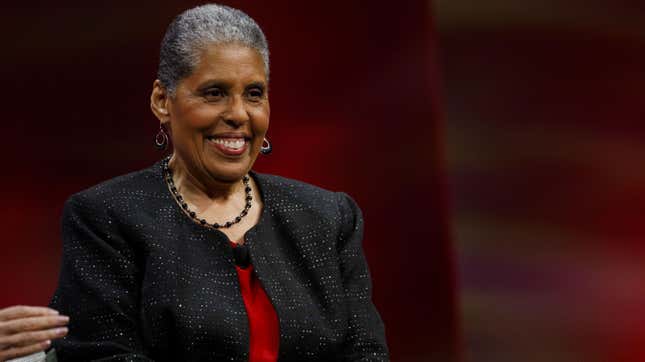Barbara Smith Shares the Real Meaning of Identity Politics, the Most Misused Phrase in Our Lexicon
CelebritiesNews

If you want to know the real definition of identity politics, don’t expect to get it from a bad leftist podcast, a right-wing reactionary, or opportunists who believe that it’s another way of saying “representation.” Instead, ask the black feminists of the Combahee River Collective who coined the phrase in the 1970s to articulate a specific political ideology.
In a recent New Yorker column, Keeanga-Yamahtta Taylor did just that, talking to Barbara Smith, a C.R.C. member who also founded Kitchen Table: Women of Color Press and became a city council member in Albany, New York, about the continued relevance of the C.R.C. and black feminist socialism.
Taylor asked Smith what identity politics meant to the C.R.C., and her response reveals just how much the phrase has morphed beyond its initial objective.
-

-

-

-

-

-

-

-

-

-

-

-

-

-

-

-

-

-

-

-

-

-

-

-

-

-

-

-

-

-

-

-

-

-

-

-

-

-

-

-








































